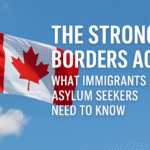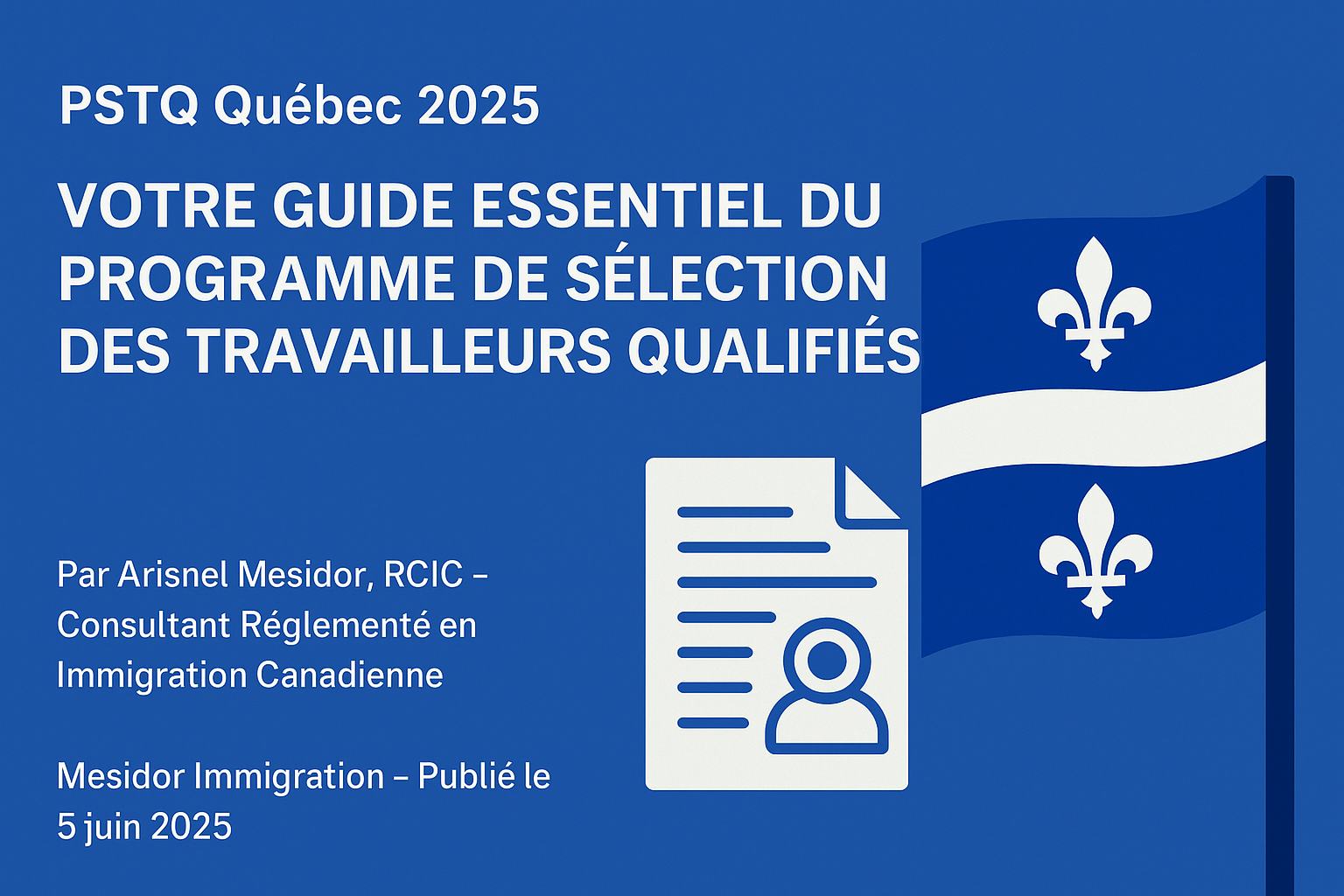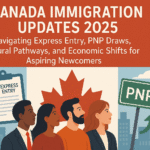Renting an Apartment or House in Canada

Finding the perfect place to call home in Canada can be both exciting and overwhelming, especially for newcomers. With various types of rentals, documents required, costs involved, and tenant rights to consider, the rental process demands careful navigation. Understanding how rental agreements work, knowing your rights, and being vigilant about potential scams are essential first steps in securing comfortable and safe accommodation. This guide will walk you through everything you need to know to confidently rent an apartment or house in Canada, making your settlement journey smoother and worry-free.
1. Understanding Rental Agreements
- A rental agreement (lease) is a legal contract between a tenant and a landlord. It outlines the terms of the rental, including rent amount, payment schedule, and rules for the property.
- Always read the lease carefully before signing and ensure you understand your rights and responsibilities.
- Keep a copy of the signed agreement for your records. It can help resolve disputes if they arise.
2. Types of Rental Housing
- Apartments: Units in a building with shared facilities.
- Houses: Entire homes rented out by owners.
- Basement Suites: Separate units in the basement of a house.
- Condos: Privately owned units in a residential building.
3. Costs to Consider
- Rent: Varies by city and type of housing. For example:
- Toronto: $2,500/month for a one-bedroom apartment.
- Vancouver: $2,200/month for a one-bedroom apartment.
- Utilities: Some rentals include utilities (electricity, water, heating), while others do not.
- Deposit: Most landlords require a security deposit (usually equivalent to one month’s rent).
- Renter’s Insurance: Protects your belongings in case of theft, fire, or water damage.
4. Finding a Rental Property
- Use online platforms like Kijiji.ca, Realtor.ca, or Rentals.ca.
- Check local community boards, newspapers, or social media groups.
- Visit the neighborhood to look for “For Rent” signs.
5. Documents You May Need
- Proof of income (pay stubs, employment letter).
- References from previous landlords.
- Credit report (optional but often requested).
- Government-issued ID.
6. Tenant Rights and Responsibilities
- You have the right to a safe and well-maintained home.
- Landlords must provide notice before entering your rental unit.
- Pay rent on time and follow the terms of the lease.
- Report any maintenance issues promptly.
7. Avoiding Rental Scams
- Never send money without seeing the property in person.
- Be cautious if the rent seems too good to be true.
- Verify the landlord’s identity and property ownership.
Useful Resources for Newcomers
Canada Mortgage and Housing Corporation (CMHC)
- Website: www.cmhc-schl.gc.ca
- Phone: 1-800-668-2642
- Provides information on renting and housing in Canada.
Canada.ca Renting Guide
- Website: Renting Your First Apartment 2
- Offers advice on finding and renting your first home in Canada.
Ontario Newcomer Guide
- Website: Getting Settled in Ontario 3
- Includes tips on renting and other settlement services.
Local Housing Help Centres
- Visit Housing Help Association of Ontario for local resources and support.
Tenant Rights Information
- Website: Your Rights as a Tenant (for Ontario residents).
Emergency Housing Support
- Dial 211 for assistance with finding affordable housing or emergency shelter services.
Renting an apartment or house in Canada is an important step towards settling comfortably and integrating into your new community. By carefully reviewing rental agreements, knowing your rights and responsibilities as a tenant, and being aware of potential scams, you can make informed choices and enjoy peace of mind in your new home. Don’t hesitate to utilize available resources like housing help centers and government-provided guides—they’re designed specifically to support you through this process. With preparation and awareness, you’re well on your way to making Canada feel like home.
Sharing is caring.
Share this information within your social circles.

Reach Out to Us if You Need Assistance with Your Settlement in Canada.
- EMAIL: im*********@*****or.ca
- PHONE / WHATSAPP: 204-898-8510
Search the Site
Latest Immigration News
- The Strong Borders Act: What Immigrants and Asylum Seekers Need to Know

- A Wave of Canadian Immigration Changes: What You Need to Know in June 2025

- PSTQ Québec 2025 : Votre Guide Essentiel du Programme de Sélection des Travailleurs Qualifiés

- June 5, 2025: Urgent! 4 Key Canadian Immigration Highlights & Updates

- Ontario Draws, Express Entry Buzz & New Asylum Rules – Your In-Depth Latest Canadian Immigration News for June 4, 2025

- Ontario Draws, Express Entry Buzz & New Asylum Rules – Your In-Depth Latest Canadian Immigration News for June 4, 2025.

- Navigating Express Entry, PNP Draws, Rural Pathways, and Economic Shifts for Aspiring Newcomers

- Decoding the Shifting Canadian Immigration Landscape: 4 Crucial Updates You Need to Know!

Subscribe to our Newsletter
Subscribe to our blog and get notified when we publish new posts.

Recent Comments